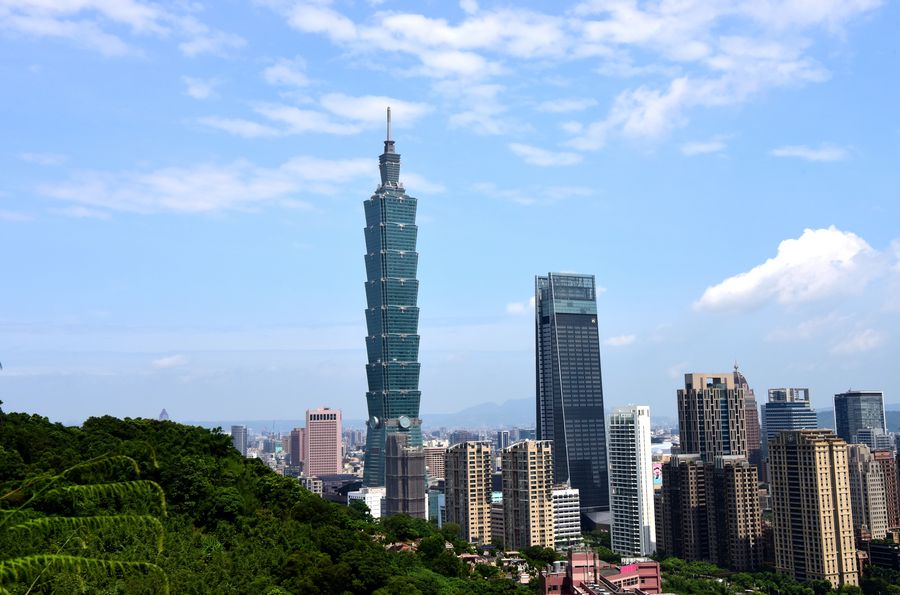DPP selling Taiwan's interests to Washington: China Daily editorial


Citing security concerns, the Democratic Progressive Party administration of Taiwan island said on Saturday that it is considering fining Foxconn for one of its branches operating on the Chinese mainland holding some shares of Tsinghua Unigroup, a major Chinese integrated circuit manufacturer, without obtaining approval in advance.
Although Foxconn said it will sell these shares, the DPP administration is still hinting that the company might face a heavy fine.
The matter began to simmer when Foxconn disclosed its stake in July. The DPP administration immediately put intense pressure on Foxconn to stop the investment of about $800 million.
That constitutes a stark contrast with the DPP administration's flattering attitude toward Taiwan Semiconductor Manufacturing Company, which is building two massive plants in the US state of Arizona, with a total investment of $40 billion.
This was prompted by the US administration's carrot-and-stick strategy to hijack the global supply chain for high-end chips, rather than a normal practice based on market laws.
That TSMC has become "USSMC" by relocating its core plants to the US, something the US hailed as a sign showing "American manufacturing is back", is what the DPP administration should truly lament as it represents the island's readiness to surrender its advantages in the industry to the US.
By ticketing Foxconn for a normal market practice after praising TSMC for what the industrialists called a bold move resulting from political coercion from Washington, the DPP administration has revealed its true colors.
The DPP administration's politicization of business is a dangerous sign that all Taiwan entrepreneurs should be vigilant to as it means that for its own narrow political ends the DPP is willing to kill the hen for an egg.
That the Chinese mainland is still the island's largest trading partner, and technology fields such as semiconductors, new energy, and high-end new materials are the highland for cross-Straits investment, unnerves the DPP, which is doing everything possible to decouple the island's economy from the mainland. In recent years, the DPP authorities have set up many obstacles to economic and trade exchanges across the Straits. But while such moves have caused some problems, they have failed to change the trend of cross-Straits economic integration.
But it is clear from its latest move that the DPP administration is willing to betray the island's interests by throwing itself completely into the arms of Washington in exchange for the latter's endorsement of its pro-independence undertakings.
Businesses and residents on the island should be aware that it is they that will feel the pinch from the DPP's blinkered obsession.

































